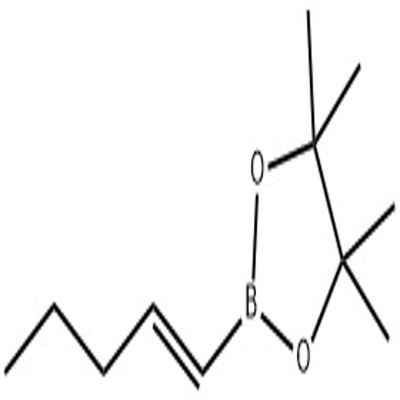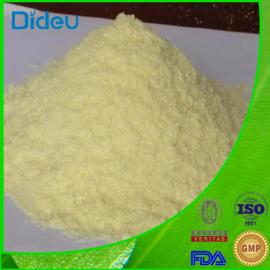It was found that the new technology of bacterial comminution could resist the super resistant bacteria
-
Last Update: 2020-02-24
-
Source: Internet
-
Author: User
Search more information of high quality chemicals, good prices and reliable suppliers, visit
www.echemi.com
Researchers have developed new bactericidal techniques using liquid metals, which may be the answer to the fatal problem of antibiotic resistance The technology uses nanoparticles of magnetic liquid metals to crush bacteria and bacterial biofilms - the protective "houses" in which bacteria thrive - without harming beneficial cells The research, led by RMIT University, was published in ACS Nano, providing a breakthrough new direction for finding better antibacterial technology Antibiotic resistance is a major global health threat, causing at least 700000 deaths each year If no action is taken, by 2050, the number of deaths could reach 10 million a year, surpassing cancer as the cause of death The biggest problems are the spread of dangerous, drug-resistant superbugs and the growth of bacterial biofilm infections, which can no longer be treated with existing antibiotics Dr Aaron elbourne said antibiotics have changed people's health since they were discovered 90 years ago, but they are losing efficacy due to the abuse of antibiotics "We are moving towards a post antibiotic era where common bacterial infections, minor injuries and routine surgery can once again become fatal," said elbourne, a postdoctoral at RMIT's nanobiotechnology laboratory "It's not enough to just reduce the use of antibiotics We need to rethink how to fight against bacterial infection Bacteria are incredibly adaptable, and over time they can defend against the chemicals used in antibiotics, but they can't cope with physical attacks Our method is to use precisely designed liquid metal, tear bacteria into pieces, and crush them through the biofilm where bacteria live and reproduce With further development, we hope that this technology can help create a history of antibiotic resistance " The RMIT team behind this technology is the only one in the world to study the antibacterial potential of magnetic liquid metal nanoparticles When exposed to a low-intensity magnetic field, these nanoscale droplets change shape and form sharp edges When droplets come into contact with bacterial biofilm, their movement and sharp edges will destroy the biofilm and physically destroy bacterial cells In the new study, the team tested the technology's effectiveness against two bacterial biofilms, gram-positive and gram-negative After 90 minutes of contact with liquid metal nanoparticles, both biofilms were destroyed and 99% of bacteria died Importantly, laboratory tests have shown that these droplets, which kill bacteria, do not affect human cells Dr VI Khanh Truong, a postdoctoral researcher, said the multi-functional technology could one day be used to treat various infections "It can be used as a spray coating for implants, making them highly antibacterial and reducing the high infection rate of hip and knee replacement operations," Truong said "It is also possible to develop it as an injectable treatment for the site of infection " The next phase of the study - testing the technology's effectiveness in preclinical animal experiments - is already underway, and the team hopes to conduct clinical human trials in the next few years The multidisciplinary team also plans to extend the technology beyond antimicrobial therapy to explore how it can be used to: treat fungal infections - the next superbug; break cholesterol plaques, solve heart problems; and stop tumors by injecting directly into cancer cells.
This article is an English version of an article which is originally in the Chinese language on echemi.com and is provided for information purposes only.
This website makes no representation or warranty of any kind, either expressed or implied, as to the accuracy, completeness ownership or reliability of
the article or any translations thereof. If you have any concerns or complaints relating to the article, please send an email, providing a detailed
description of the concern or complaint, to
service@echemi.com. A staff member will contact you within 5 working days. Once verified, infringing content
will be removed immediately.







